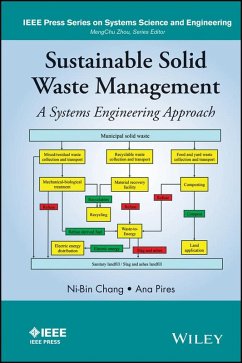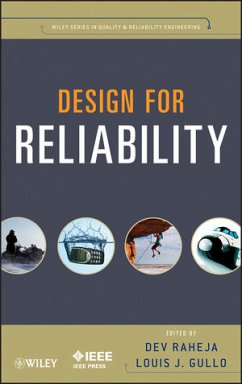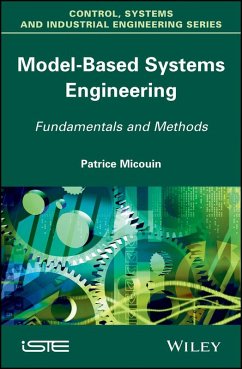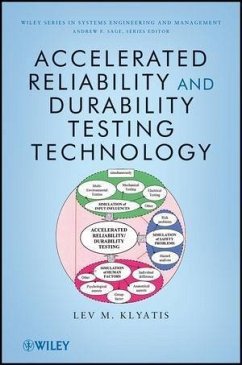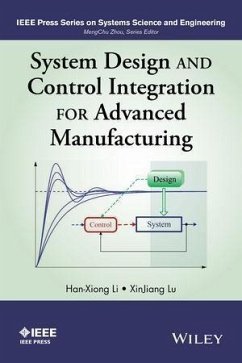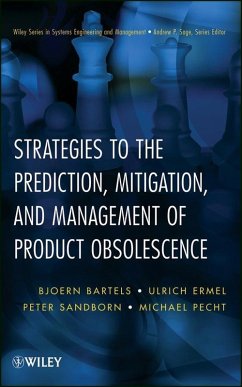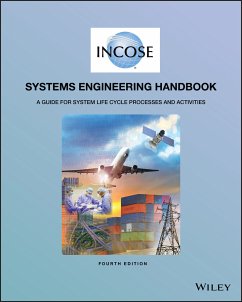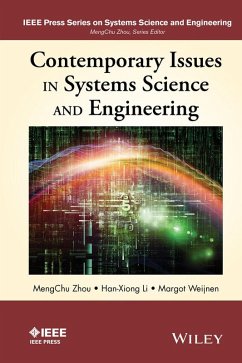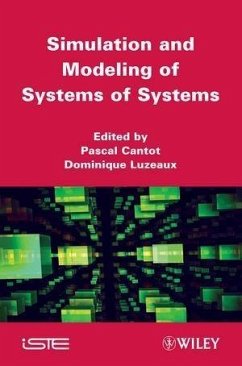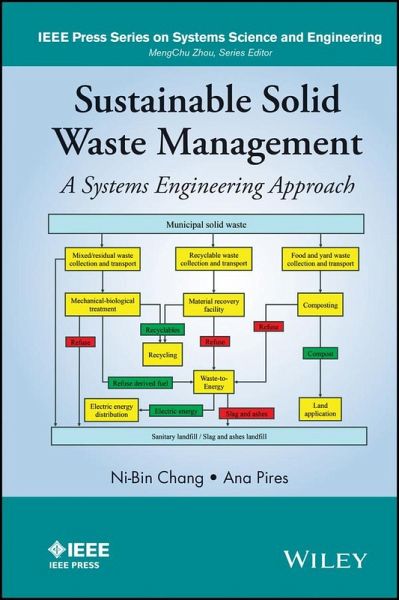
Sustainable Solid Waste Management (eBook, ePUB)
A Systems Engineering Approach
Versandkostenfrei!
Sofort per Download lieferbar
136,99 €
inkl. MwSt.
Weitere Ausgaben:

PAYBACK Punkte
0 °P sammeln!
This book presents the application of system analysis techniques with case studies to help readers learn how the techniques can be applied, how the problems are solved, and which sustainable management strategies can be reached.
Dieser Download kann aus rechtlichen Gründen nur mit Rechnungsadresse in A, B, BG, CY, CZ, D, DK, EW, E, FIN, F, GR, HR, H, IRL, I, LT, L, LR, M, NL, PL, P, R, S, SLO, SK ausgeliefert werden.




